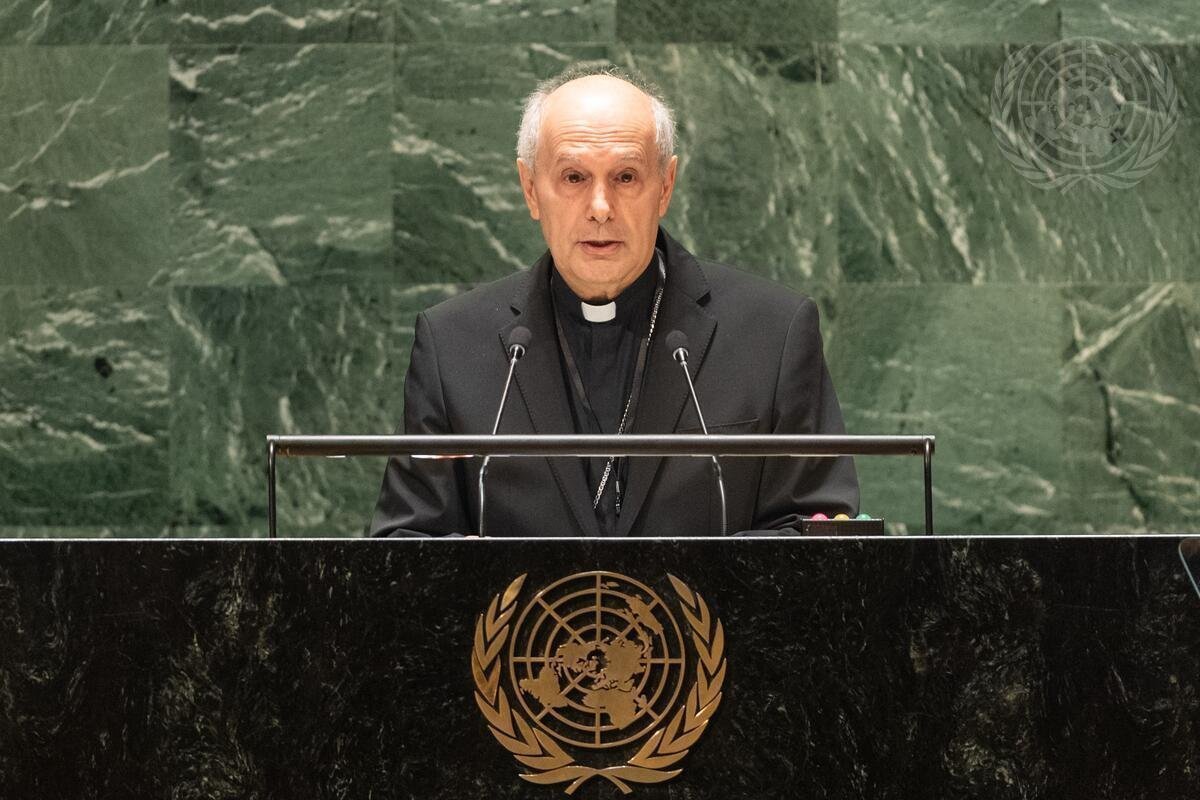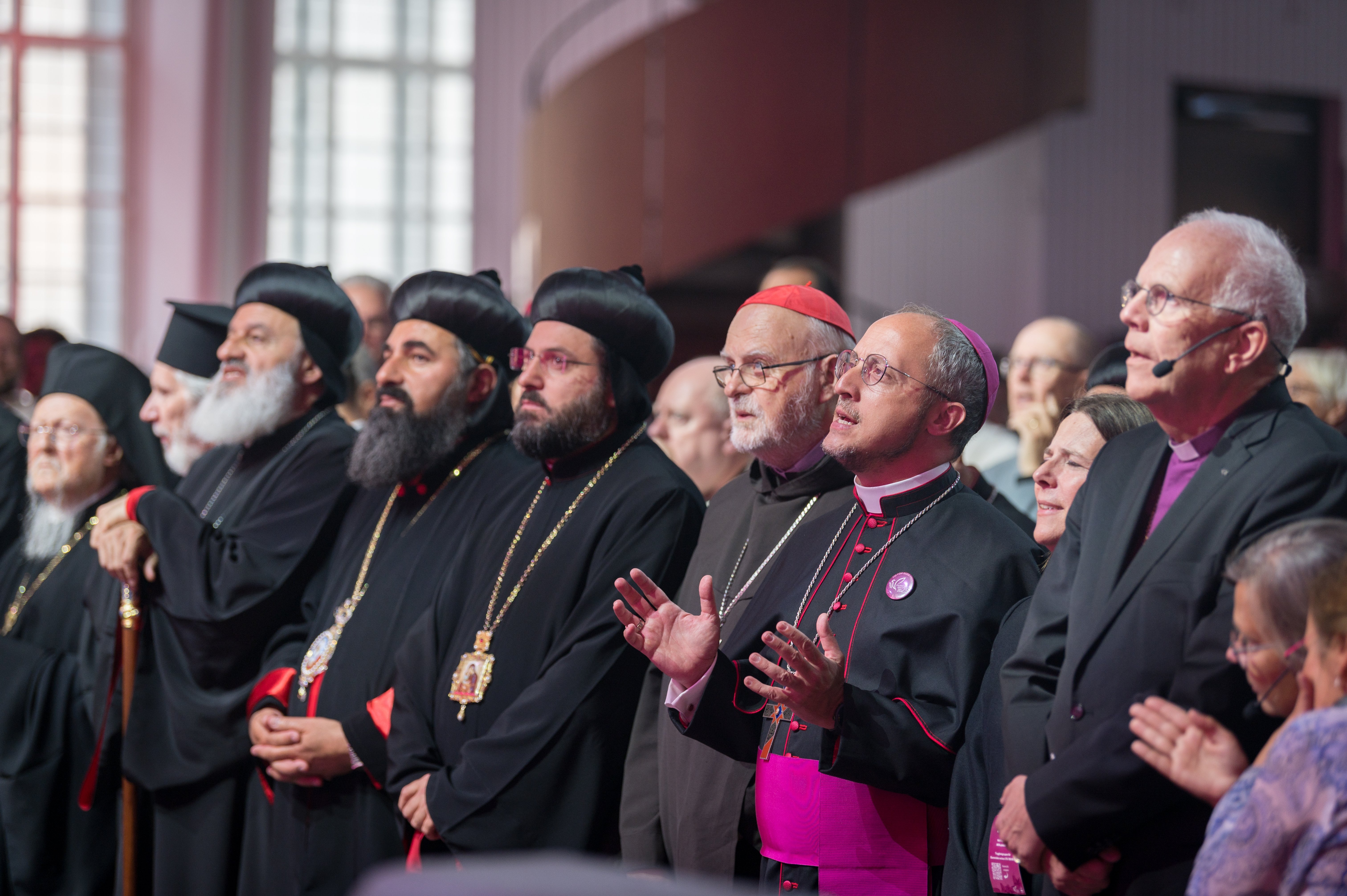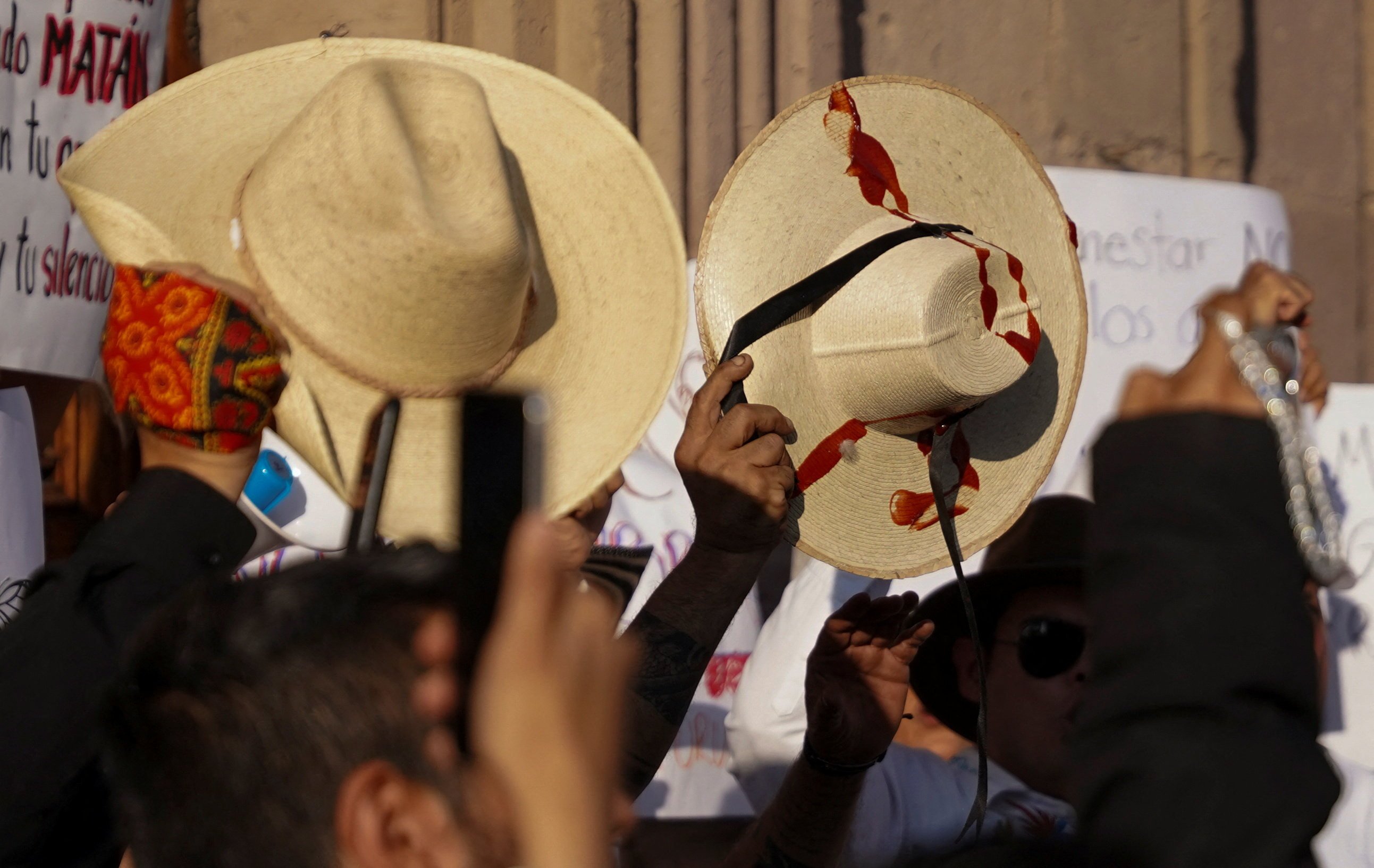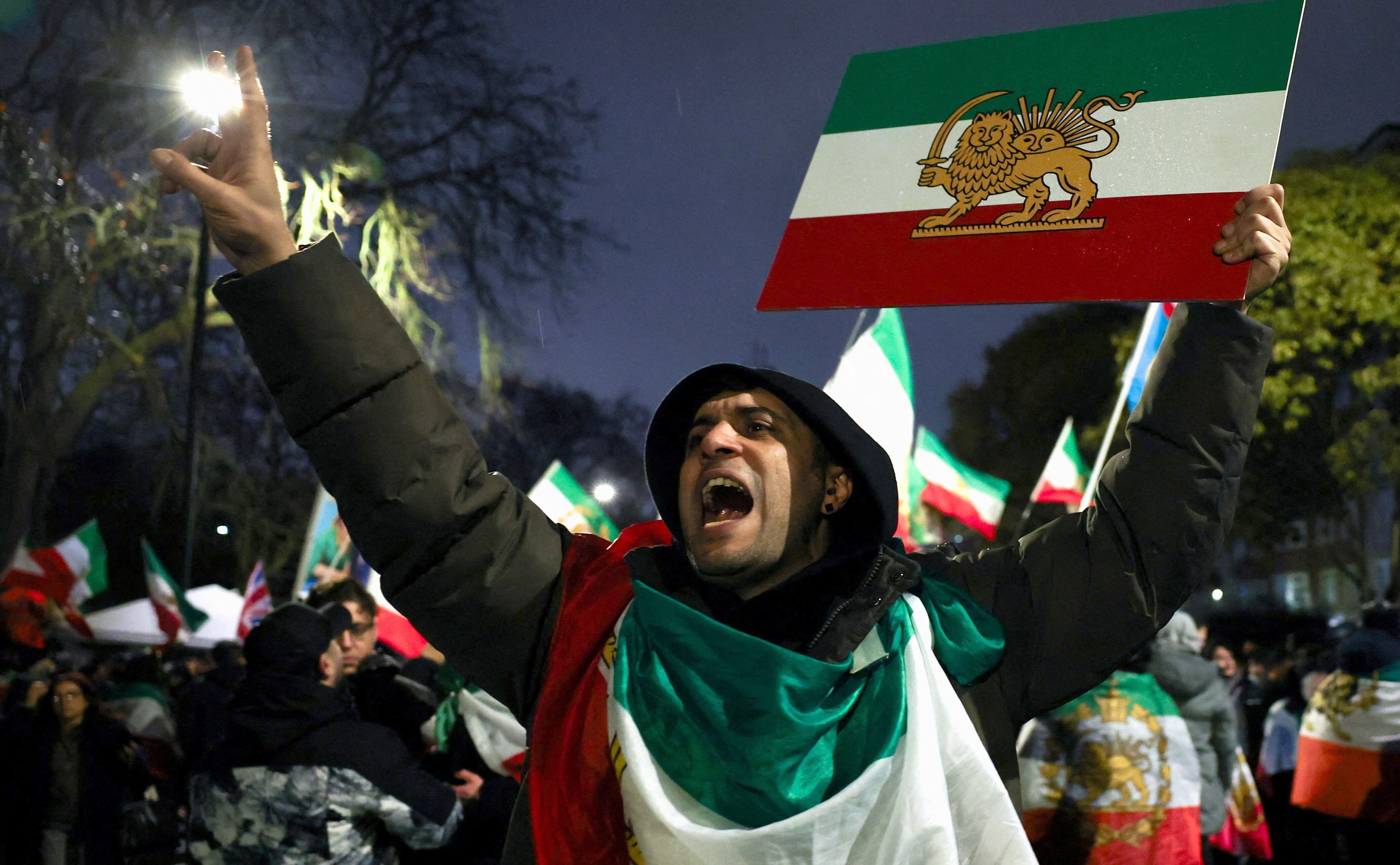As ‘new nightmare’ unfolds between Israel and Iran, ‘never-ending tragedy’ in Gaza continues
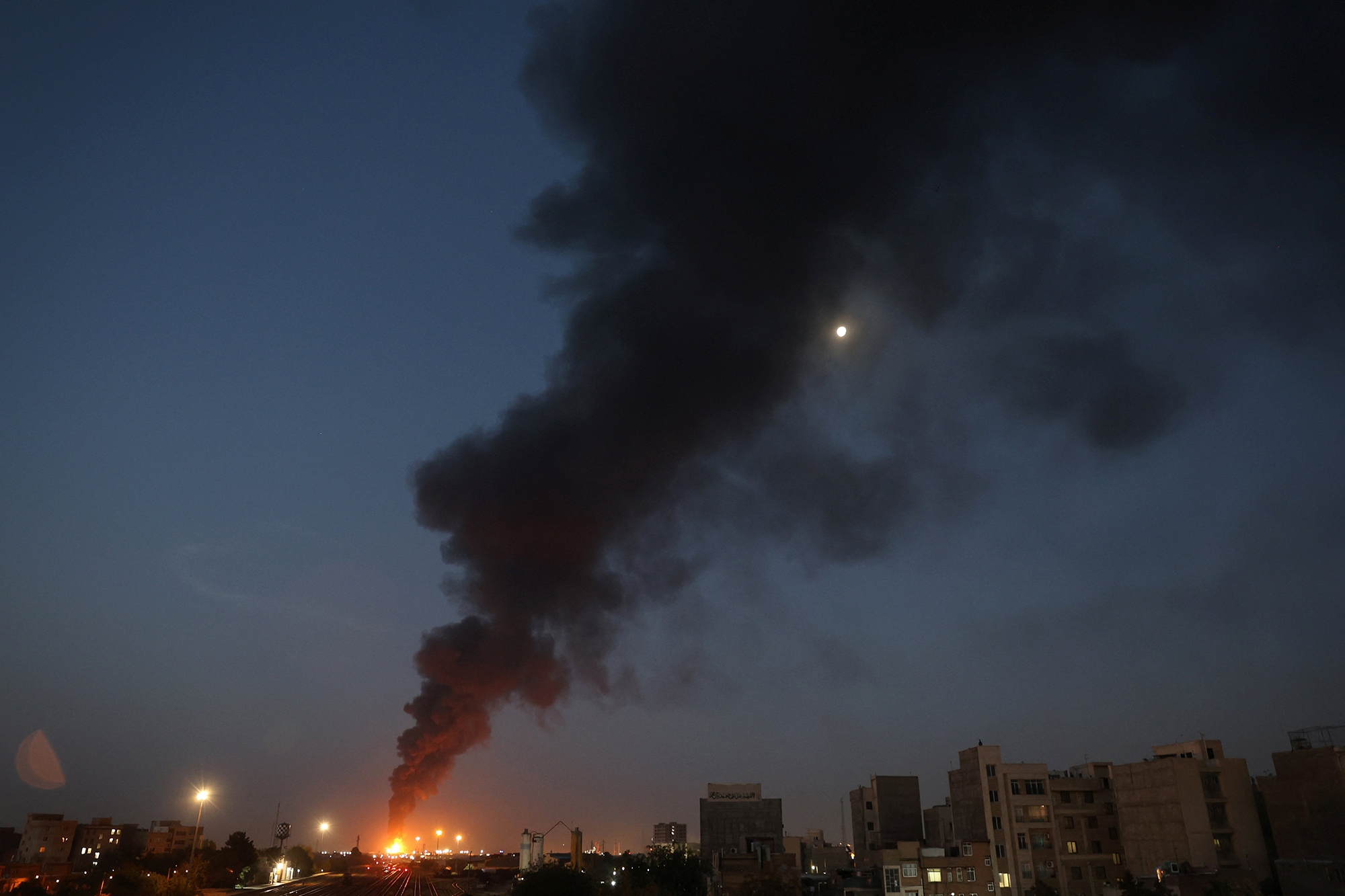
Israel launched strikes against military and nuclear sites in Iran, who responded with strikes against Israel
JERUSALEM — As continued bombardment between Israel and Iran entered its fifth day, Catholic clergy in both countries called for peace and an end to further bloodshed in the Holy Land and the Middle East.
“It seems like we have fallen into a new nightmare,” Franciscan Father Francesco Patton, custos of the Holy Land, said in an interview with Vatican News published June 16. “First, we saw the destruction caused by the war in the surrounding territories; now we see it in the heart of the Holy Land.”
On June 17, Israeli tanks fired into a crowd trying to get aid from trucks in Gaza, killing at least 59 people, according to medics, as reported by Reuters. It was “one of the bloodiest incidents yet in mounting violence as desperate residents struggle for food,” the agency said.
On June 13, Israel launched “Operation Rising Lion,” targeting nuclear and military sites and personnel. Israeli officials said the strikes were preemptive, citing rapid advances in Iran’s nuclear weapons development and that nation’s repeated threats to eliminate Israel.
“Iran is only moments away from a nuclear weapon. The threat posed by Iran is imminent and Israel has no choice but remove it before it is too late,” Israel’s Embassy to the Holy See said in a statement.
Not long after Israel launched its attack, the Latin Patriarchate of Jerusalem, which is led by Italian Cardinal Pierbattista Pizzaballa, tweeted a prayer for peace on its X account.
“We lift our weary hearts to you, Lord, longing for your light amid the shadows of fear and unrest,” the prayer read. “Teach us to be peacemakers.”
Before Iran responded with its own volley of missiles, which struck Tel Aviv and Haifa, Cardinal Pizzaballa said the consequences of Israel’s preemptive strike were “difficult to predict at this time.”
“It is necessary to understand what kind of reaction will come from Iran,” the cardinal said in a June 13 interview with TG2000, the daily news program of the Italian bishops’ conference.
“There will certainly be a response. Its scale and real-world consequences will have to be determined. This is not an act that will aid deescalation.”
“We are all tired, all of us are tired of war, but we are all fused inside this vicious cycle, incapable of looking beyond. The concentration of military force is also a sign of political weakness,” Cardinal Pizzaballa said.
“We urge the United States and the broader international community to exert every effort to renew a multilateral diplomatic engagement for the attainment of a durable peace between Israel and Iran,” said Bishop A. Elias Zaidan, chairman of the U.S. Conference of Catholic Bishops’ Committee on International Justice and Peace, in a June 16 statement.
Bishop Zaidan, who heads the Maronite Eparchy of Our Lady of Lebanon, warned in his statement that “the further proliferation of nuclear weapons in the Middle East, as well as this escalation of violence, imperils the fragile stability remaining in the region.”
He also echoed the words of Cardinal Dominique Joseph Mathieu of Tehran and Isfahan, Iran, who told Asia News, “We pray that peace through dialogue based on a consensus will prevail. May the Holy Spirit guide this process.”
“In the midst of this escalation, Pope Leo XIV has reminded us that ‘It is the duty of all countries to support the cause of peace by initiating paths of reconciliation and promoting solutions that guarantee security and dignity for all,’” said Bishop Zaidan in his statement. “I call on Catholics and all men and women of goodwill in the United States and around the world to ardently pray for an end to hostilities in the Middle East. May the Prince of Peace move the hearts and illumine the minds of all for the attainment of peace in the region.”
The Holy Land, Father Patton said, has “become entangled in a spiral of war that continually expands like a fire that can no longer be controlled.”
“Christians, like the rest of the population, are scared,” he said. “I have already seen firsthand the terror of children during the war in Syria, I have heard it told from Gaza, now it is here too: children who tremble when they hear the sirens of the alarm and then the explosions of the missiles. These are traumas that they will carry with them for the rest of their lives.”
Despite the uncertainties of the escalating conflict, Father Patton told Vatican News that missionaries in the country have no intention of leaving.
“There is no longer any observance of the ‘rules’ of international law of war, and therefore we are all in the same boat, without distinctions of ethnic or religious affiliation,” he said. “We are not mercenaries who abandon the flock to save themselves. This is the mission that the Church has entrusted to us, and here we will remain, trusting in the help of heaven.”
As the world’s attention shifted from the war in Gaza to Iran, Father Romanelli said the situation in the enclave is beyond desperate.
“Eyes that do not see, heart that does not hear,” the priest said of the situation in a June 16 interview with SIR.
“No one talks about (the war in Gaza); international attention seems to have waned, but here, there is fighting every day, and the population is experiencing a never-ending tragedy,” the Argentine priest said.
The pastor of Holy Family said that the dire circumstances have led people in Gaza to “no longer have hope for a future different from this one.” Nevertheless, he added, as Christians, “we try to find a foundation of hope in prayer.”
“The war will end, we don’t know when, but it will end,” he said.

